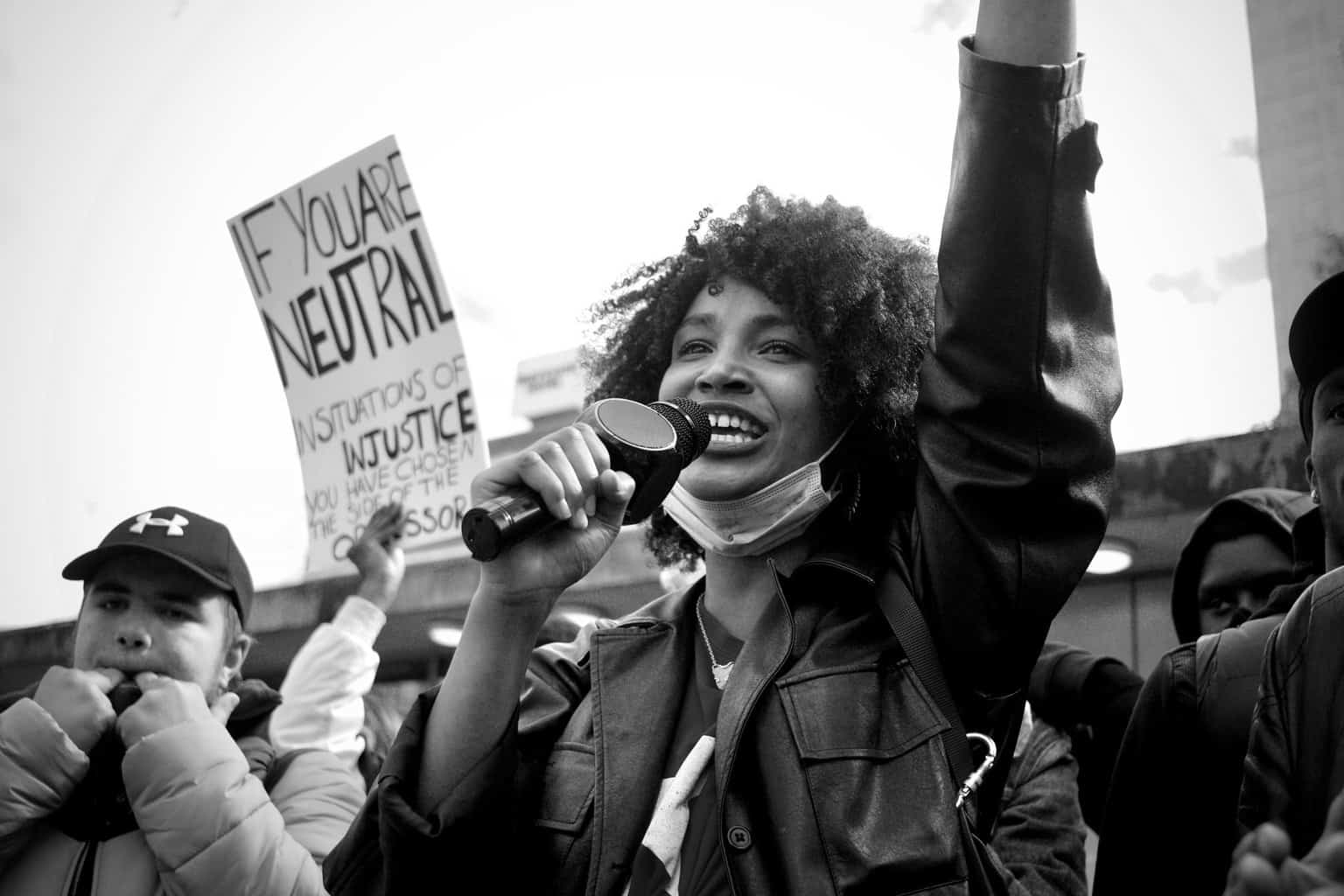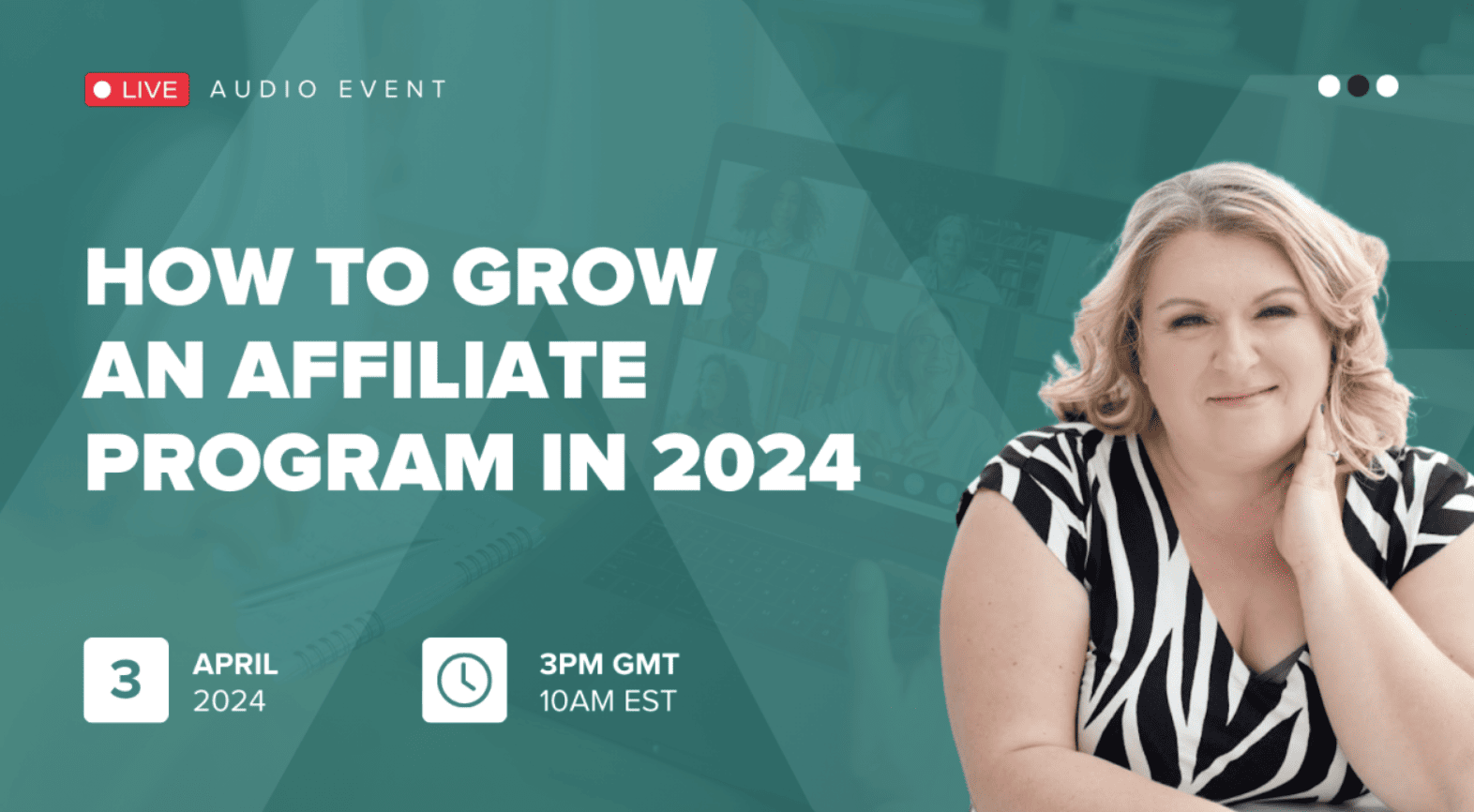The US midterms are coming up, and if you’re not in the US, probably the reason you know about it happening at all is the occasional mention in the news or with the haste in which social media platforms are updating their policies and features to fit the occasion.
There is a worry across social media platforms that stems from Twitter and Facebook. Twitter, was famously the mouthpiece of President Donald Trump, who is a controversial figure, and just as controversially was banned from the platform. Meanwhile, Facebook has been outed by whistleblowers for stewing hate because it gets results in so far as engagement.
So, that would give marketers pause to post on the site, right? And yet, report after report on social media marketing, especially studies aimed at Gen Z, will tell you that users are looking for politics in their marketing. And they will tell you themselves that they want to see it in your branding. You need only look at Pride Month to see the discussion on politics in social media marketing, and how it can easily be warped.
So, should you lean into politics when establishing your social media marketing campaign?
Yes
As mentioned, it’s clear it’s what the people want. Brands are consistently being asked to be held accountable for everything from workplace culture to environmental impact to taking a stance on an issue they otherwise don’t have a stake in, like the war in Ukraine or Black Lives Matter.
And you can see the response from the users. Small businesses in particular see a lot of aid from users who are not only supporting the small business but what they stand for with their business. A lot of small businesses are setting out to solve a problem, and today’s problems tend to come with politics, or at the very least, social issues built-in. For example, if a Black-owned business is selling makeup items made for the Black community, there is an inherent social issue baked into the product, or even the fact that it is a Black-owned business. To not mention that in the least would be disingenuous. And in an era where users appreciate authenticity and are calling for it from every corner, being disingenuous can be the death of a brand.
No
Of course, a lot of brands are bound to run for the hills when they hear the word “politics”. A lot of political issues are simply too alienating, especially in a two-party landscape like the US, where political options are literally split in half. So, siding with one issue can mean alienating the other half. Topics like Roe V Wade or gun control are simply too fiercely fought on either side that, even if your business owners have an opinion on the subject, they’re likely to lose the support of half their established audience by expressing that opinion.
However, from a marketing perspective, users can be put off by a lack of conviction, especially if the issue is big enough. Sometimes not saying something is as telling as saying something.
How to do it right
If you see the benefits of standing for something but are a little too wary of what to stand for, there are actually a lot of “safe” stance options to take. Social issues that are (mostly) universally accepted as something to stand behind, like supporting small businesses, anti-animal cruelty and veganism, environmentally friendly and sustainable products, and business operations.
However, make sure that you can demonstrate that your actions back up your stance. There is no point in writing Black Lives Matter in your Twitter bio only for someone to ask why there are no Black people on your team? Even if they don’t spot these discrepancies in your social media marketing content, public records are public and they will look.
A common gripe about Pride, in particular, is that every corporation is slapping a rainbow on their logos and calling it a day, for fear of saying nothing sounding louder than doing the bare minimum, as mentioned. People are starting to notice. Back up your stance with your content. The ones that really care do it year-round and others wait for a relevant event, like Pride Month. Show your audience that you are invested with your content. Maybe tell anecdotes of people your team love and why Pride is important rather than decorating your Facebook banner with a rainbow again.
If you are interested in more affiliate and social media marketing insights, take a look at our blog for all the latest news and advice. Or for a more personalised approach, book a free call with a member of our team.
Or, for the very best advice from industry peers, you can access the full content of our Elevate Summit. There is over 14 hours worth of content to see, featuring industry peers at the top of their careers sharing what they have learned about affiliate marketing through talks, panels, and workshops. See our website for more detail.























